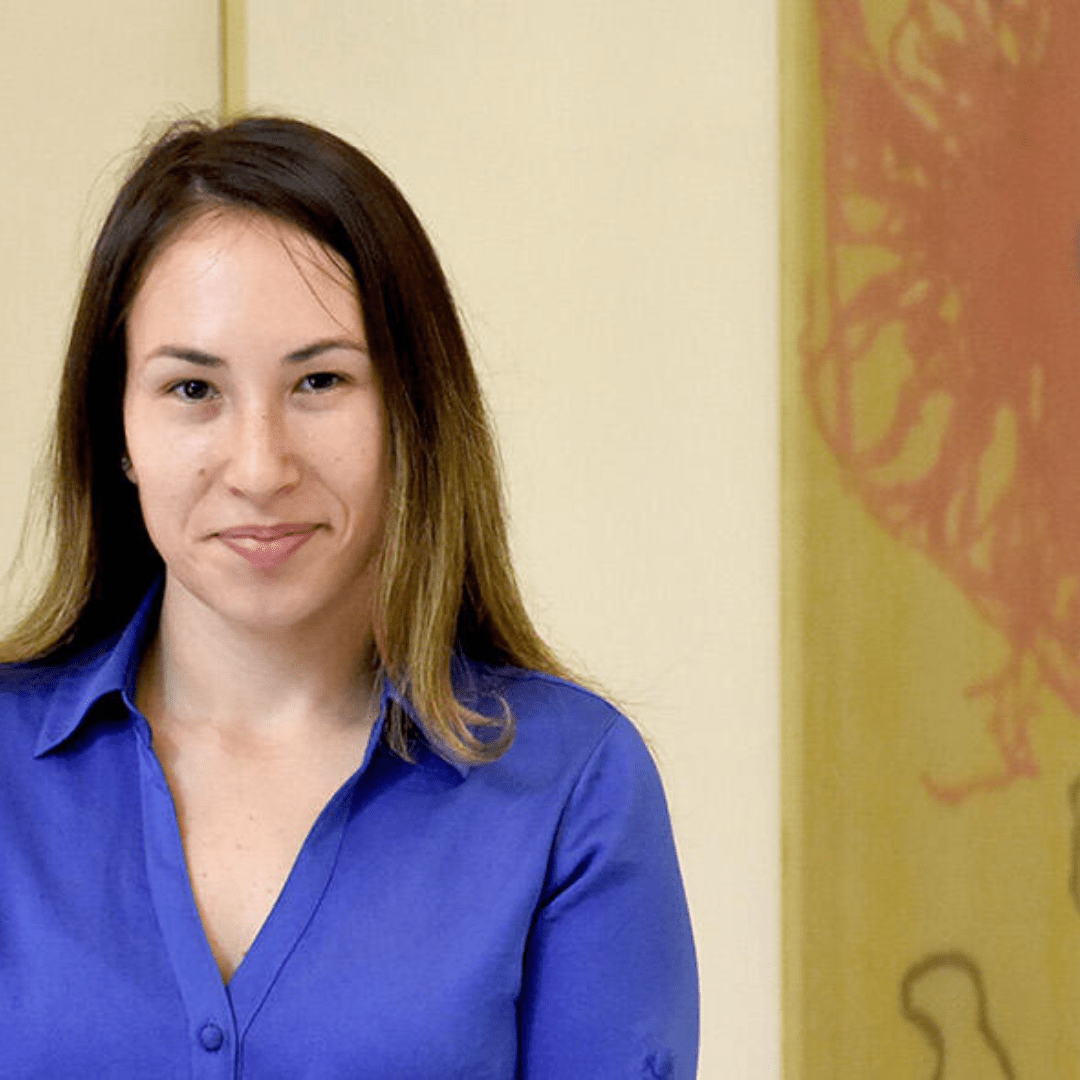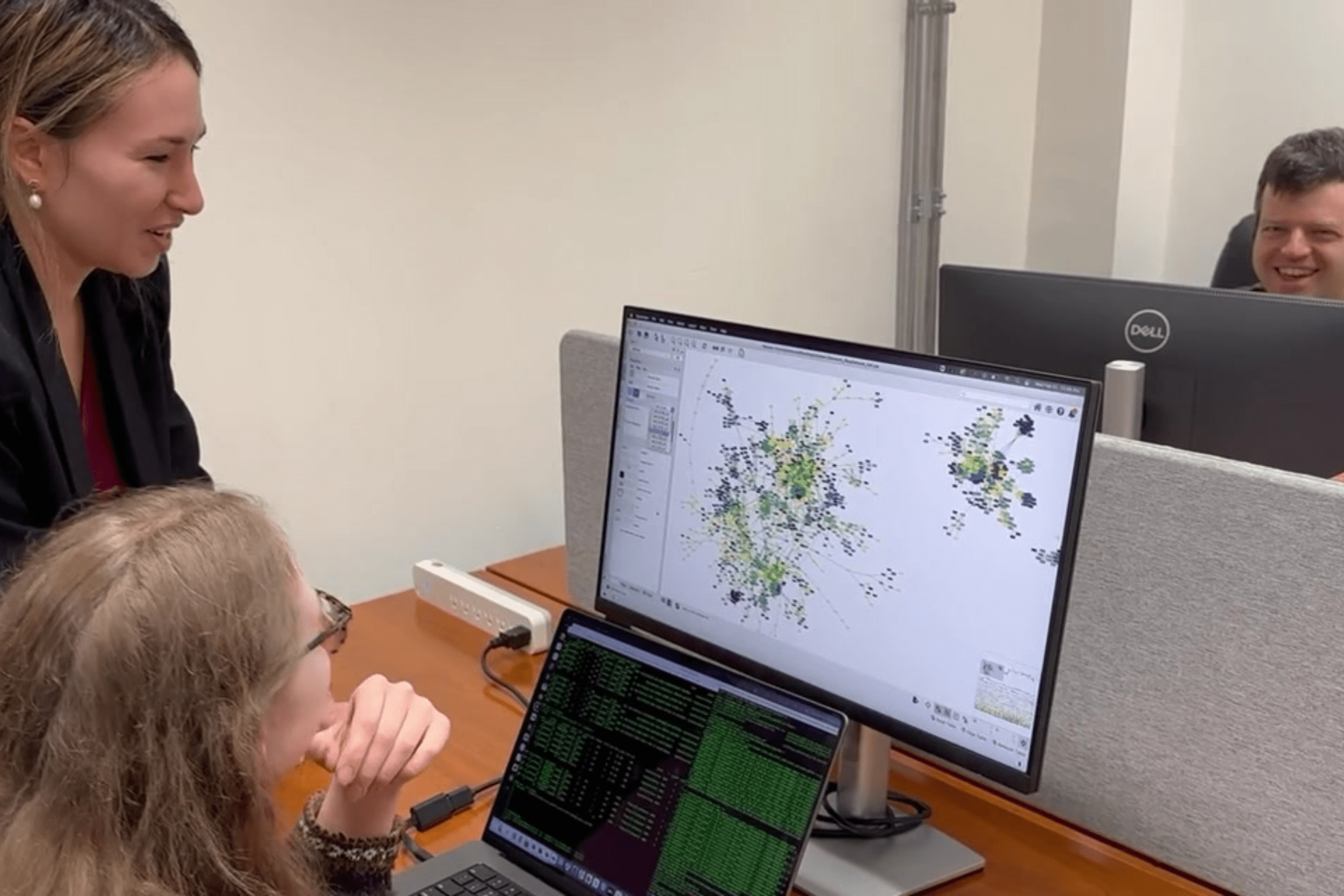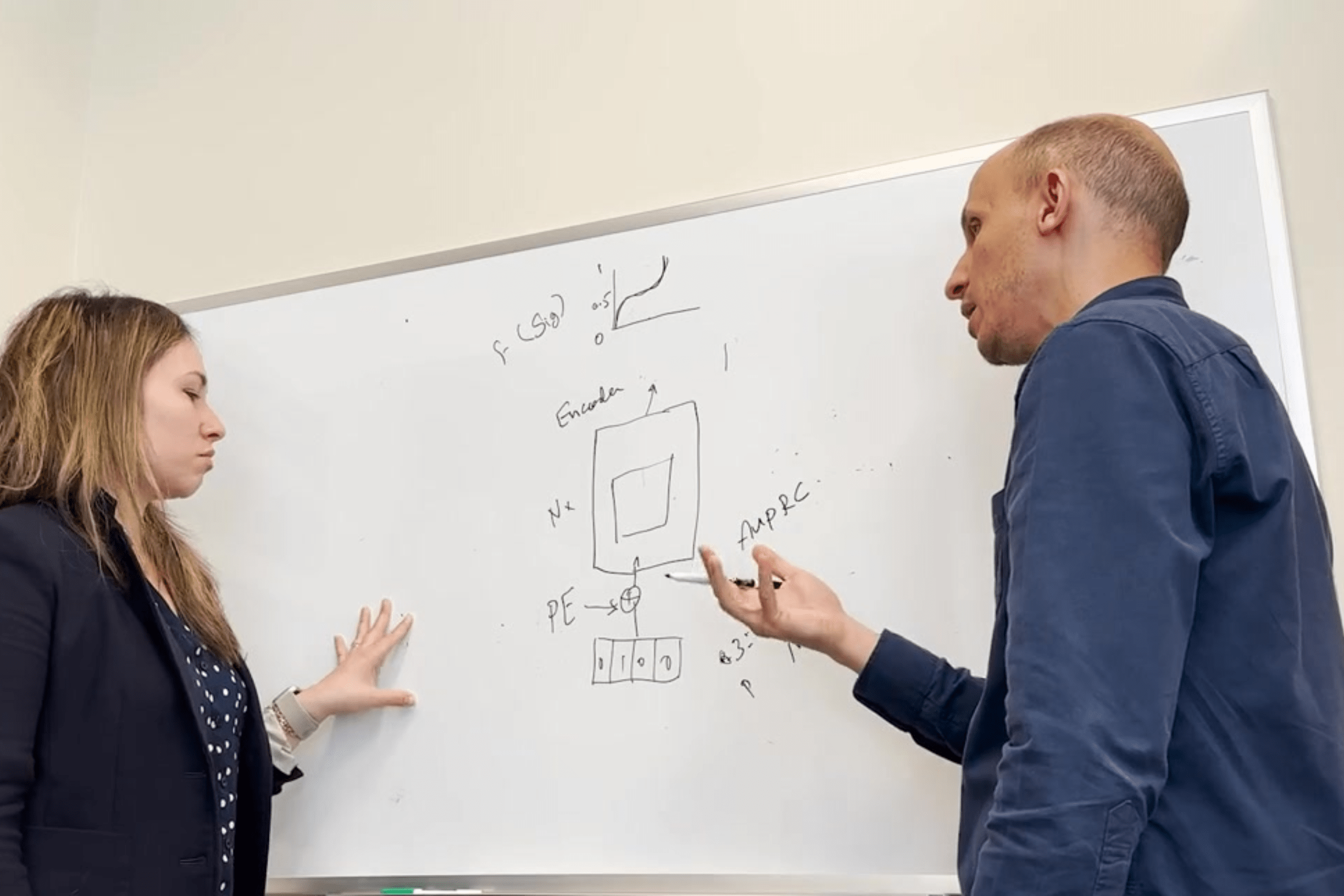Dr. Noam Auslander, Assistant Professor at The Wistar Institute, is revolutionizing AI and Immunology research with her work on detecting microbial expression in cancer and immune diseases.
Dr. Noam Auslander’s work in artificial intelligence and immunology was born out of indecision. “I double majored in computer science and biology because I liked both and could not decide.”
Fortunately for Auslander, an Assistant Professor in the Molecular & Cellular Oncogenesis Program at The Wistar Institute in Philadelphia, her approach to research ensures both disciplines complement the other. By developing machine learning methods to understand the genetic and infectious factors that drive cancer evolution, Auslander works to identify patterns that can improve cancer diagnosis and treatment.
In recognition of her achievements and to drive further research, Auslander has been selected as a recipient of the 2022 Michelson Prizes: Next Generation Grants. The grants, which are awarded annually to investigators 35 or younger who are focused on human immunology, vaccine discovery, and immunotherapy, will enable Auslander to pursue an artificial intelligence-based approach to efficiently detecting microbial expression in cancer and immune diseases.
“Machine learning is a great way to address some intricate immunological questions,” Auslander explains. “My lab is working on developing methods to better study how different viral or bacterial infections lead to cancers, and how these infections modulate immune responses and affect patient outcomes.”
After earning her B.S. in computer science and biology from Tel Aviv University, Auslander obtained a computer science Ph.D. from the University of Maryland with a combined fellowship at the National Cancer Institute. She received postdoctoral training at the National Center of Biotechnology Information (NCBI), before joining The Wistar Institute in 2021.
While her artificial intelligence-based method already outperforms existing strategies to detect new microbes in human disease tissues, the $150,000 Michelson Prizes Grant will allow Auslander to explore new, uncertain territory.
“Some of the questions that we ask are risky, such as searching for new microbes in tumors, and it is not always clear why machine learning and computational methods can improve the current knowledge in the field,” Auslander says. “The Michelson Prize is a tremendous help for me because it allows us to pursue those more challenging directions. These questions are not just those that I am most excited about, but also those that can be most rewarding and shape my future research and career.”
Auslander’s research has the potential to improve both vaccine and immunotherapy development. “Finding new infections that lead to tumors can help develop early detection methods and vaccinations to prevent cancer,” explains Auslander. “Knowing which microbial components enhance immune responses will not only improve the selection of patients who are more likely to benefit from immunotherapy, but it can also help develop strategies to overcome resistance.”
For now, “the excitement of a new discovery” is her primary motivation. Plus, being at the forefront of machine learning and immunology has another benefit for Auslander. “I am easily bored, but I love learning new things and thinking about new problems,” she says. “Scientist is the ideal job for me because it allows me to constantly pursue new directions and ask new questions.”
Be it indecision or boredom, work is the best remedy: “The thrill in seeing something we just thought of implemented—and the lead up to that discovery—I don’t know any other motivation for science.”
Learn more about the Michelson Prizes Laureates here.




